National Nutrition Month® is a nutrition education and information campaign created annually in March by the Academy of Nutrition and Dietetics. Focus on the importance of not only making informed food choices but also developing sound eating and physical activity habits. “Beyond The Table” is the theme this year.
Last year’s theme was Fuel for the Future. Celebrate a World of Flavors and Personalize Your Plate have been themes from other years. March is designated as a time to draw more awareness to the importance of nutrition, however, is there ever a time I’m not teaching nutrition? Weekly there’s a different theme. Challenge yourself to see what changes you can make that are not only sustainable long-term but also applicable. Small changes can make a big impact on your health.
“Beyond the Table” addresses the farm-to-fork aspect of nutrition, from food production and distribution to navigating grocery stores and farmers markets. Additionally, it describes the various ways we eat — not only around a dinner table, but also on the go, in schools and restaurants, at games and events.
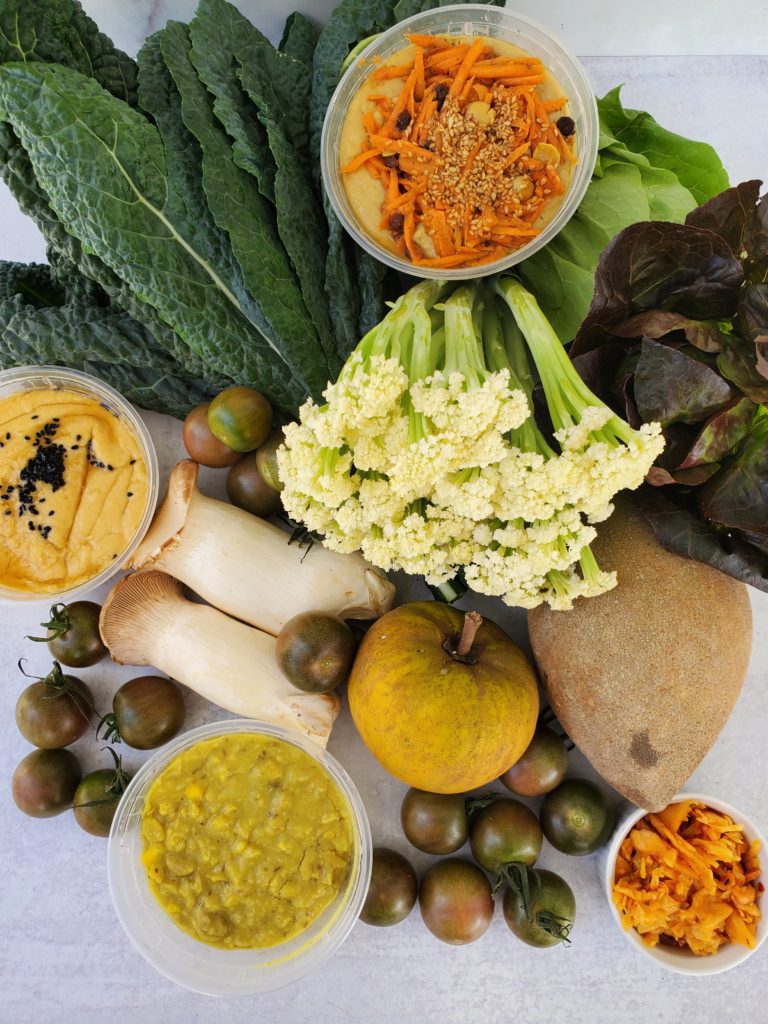
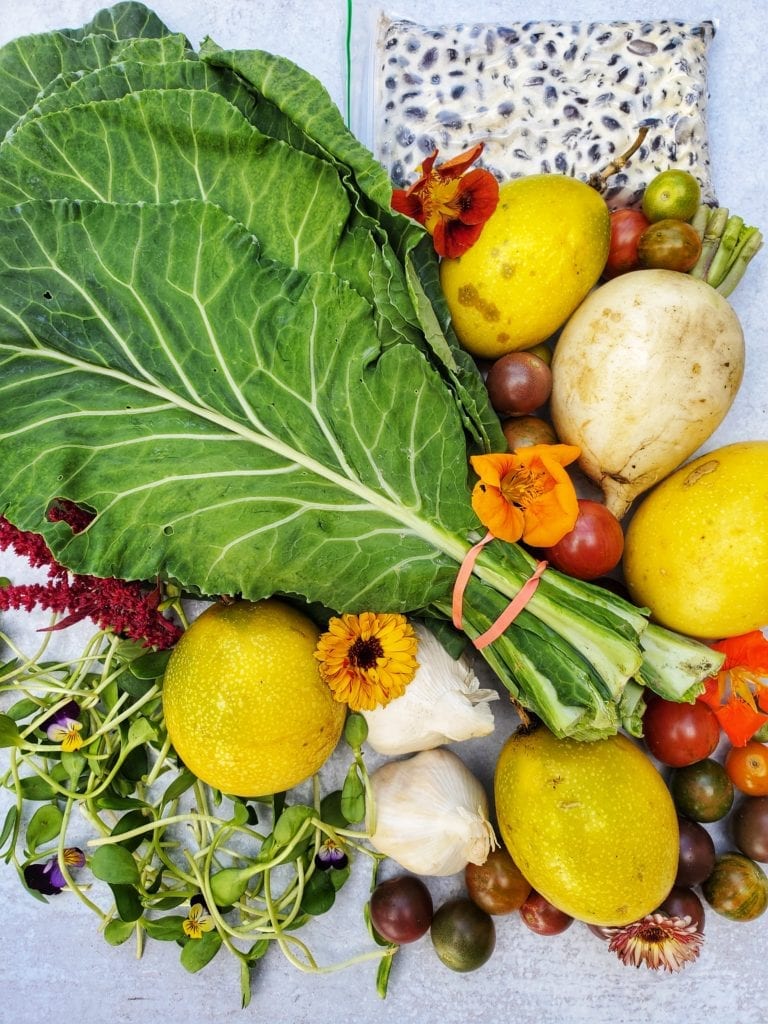
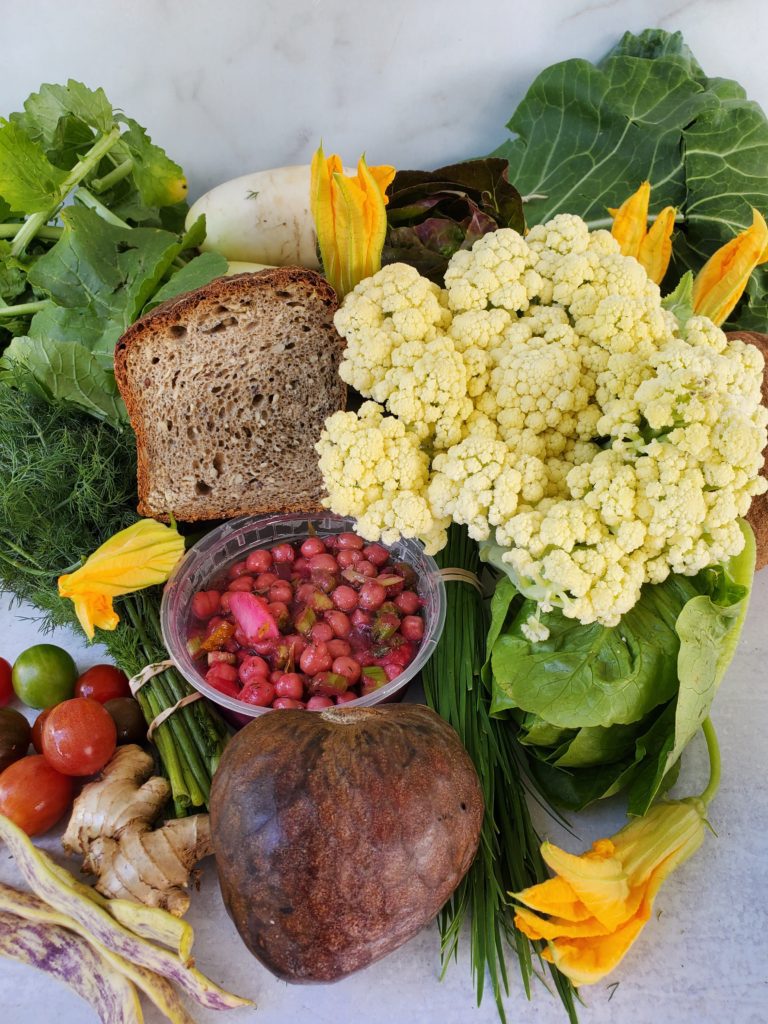
Week 1: Stay nourished on any budget
- Learn cooking, food preparation, and meal planning skills. Last week there was a webinar featuring the chef at Publix Apron’s Cooking School. Acquiring new tips and tricks make cooking in the kitchen a little more enjoyable. A tip shared was to soak onion in cold water to take the astringency out. These skills in the kitchen take time and patience to learn. Whether you love it or hate cooking, nonetheless find shortcuts to create less stress at meal time. Healthy food doesn’t need to be difficult.
- Try new flavors and foods from around the world. Travel the world through the food you create. What better way to learn about culture than through eating different cuisines. Even if you’re not cooking, include a new restaurant and try new foods that you might not normally make at home!
- Find creative ways to use leftovers rather than tossing them. My go-to recently is taking all the vegetables at the end of the week and throwing them together to make a soup. Waste less food, save money! Leftovers served in a different dish gives the idea they’re a new dish. Ideally, we’re aiming to waste less food and save money!
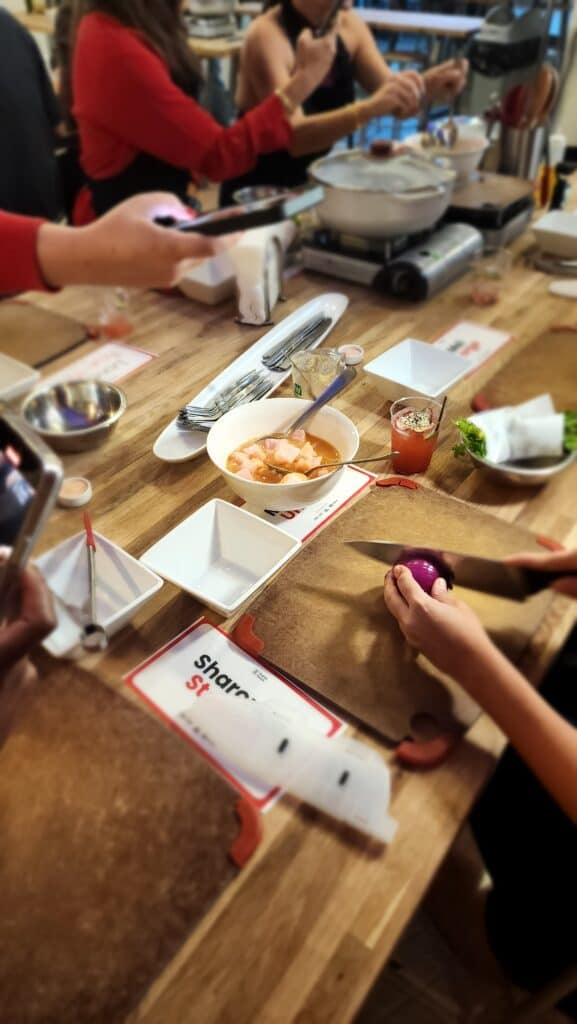
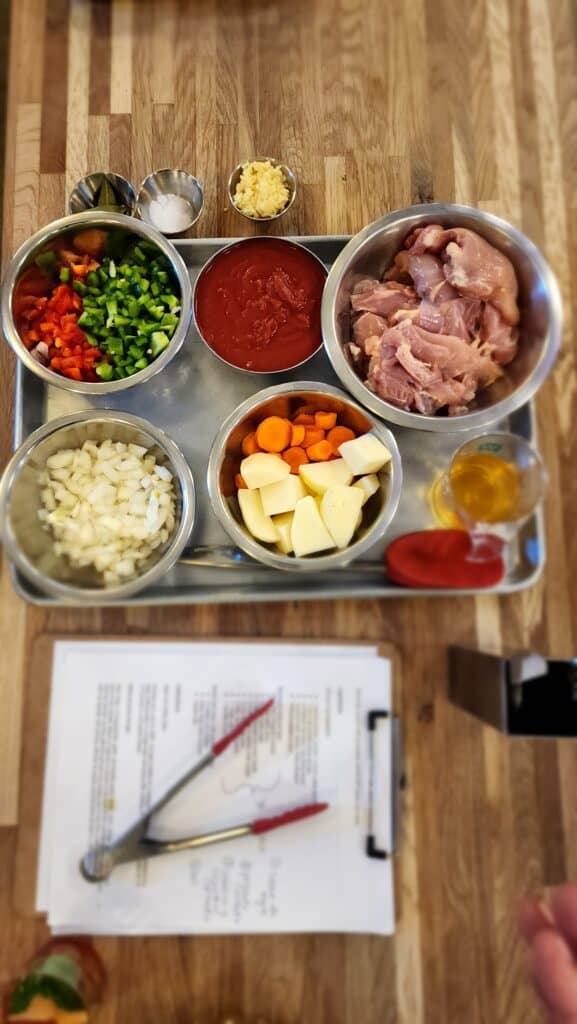
Week 2: See A Registered Dietitian Nutritionist (RDN)
- Ask your doctor for a referral to an RDN. Recently started working with the cardiology group at work. 45 doctors, 1 dietitian. Important connection to diet and disease that needs to be highlighted. Doctors don’t have enough time to spend teaching and focusing on all that dietitians do. Inquire about a referral as many insurance companies are now allowing visits to see a dietitian.
- Find an RDN who specializes in your unique needs. Similar to doctors, dietitians specialize in different areas. Specifically my focus has been on diabetes over the last 10 years. However, stepping into the cardiology field and beginning to bridge the gap to help in a prevention setting. Exciting time to be helping people to feel well.
- Receive personalized nutrition information to meet your health goals. What works for your family member or neighbor might not be what works for you. Registered dietitian nutritionists’ jobs are to help people find what works for them over the long-term. Sustainable changes a person can make in order to help improve their health!
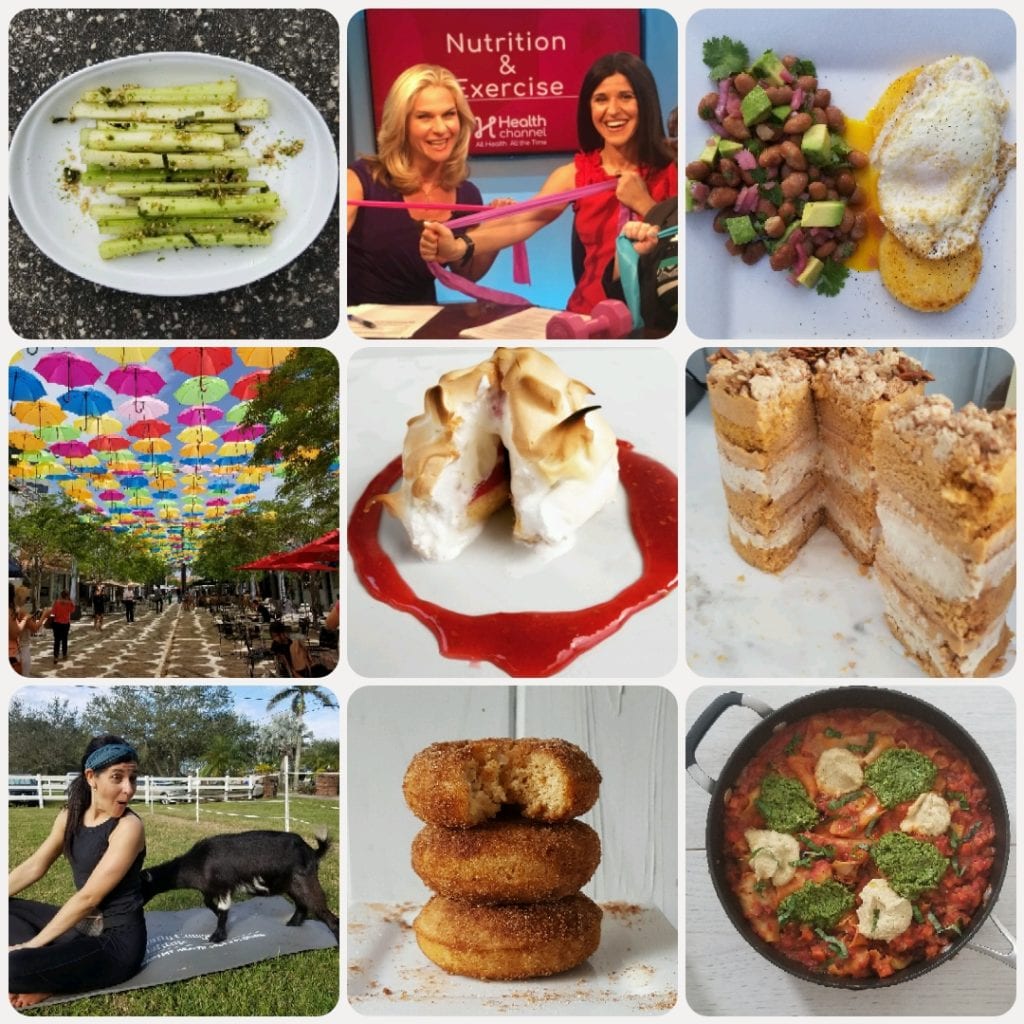
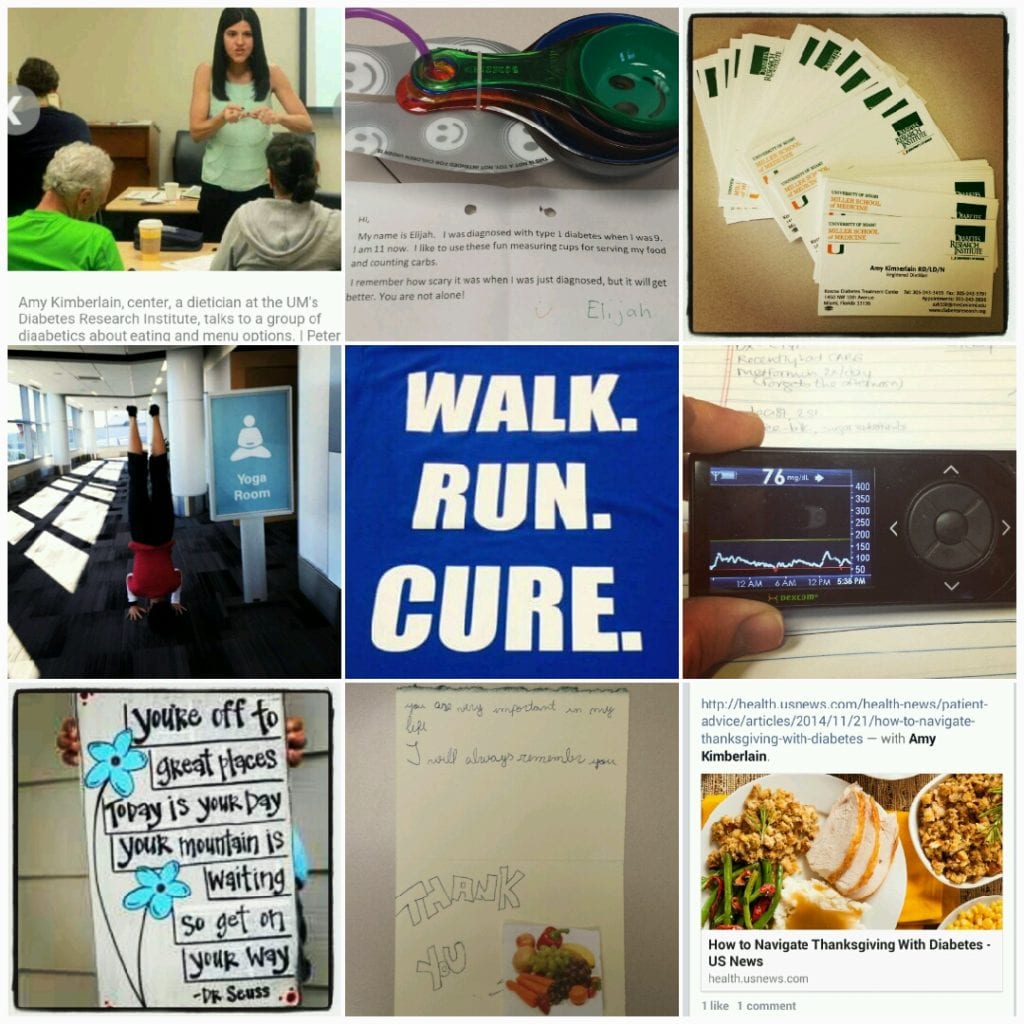

Week 3: Eat a variety of foods from all food groups
- Include your favorite cultural foods and traditions. During the pandemic and something that I continue to do is trying different cultural foods. Eating provides a way to gain insight into customs and traditions, not to mention makes for a great tasting meal!
- Eat foods in various forms including fresh, frozen, canned and dried. With food costs as expensive as they are, using frozen foods can be a helpful tool. Throw frozen spinach into a soup or roast frozen broccoli. Frozen vegetables are a great way to include more vegetables in a cost-effective manner.
- Avoid fad diets that promote unnecessary restrictions. Fad diets are popular for a short amount of time. Your goal is to aim and find an eating pattern that is sustainable long-term fuel. Quick fixes are what we see in yo-yo dieting and can actually be harder to lose weight. Begin to create healthy habits, focus less on weight and more on improving your numbers (blood pressure, cholesterol, and blood sugar, in order for our health to improve.
- Practice gratitude for your body by giving it the fuel it needs. Many patients this past month have been ‘skipping’ meals not only because they’re too busy working but also skip ‘to lose weight’. Begin to fuel yourself and see the amount of energy you have. Equally important are other areas like sleep, stress management, and exercise, however, start first with food.
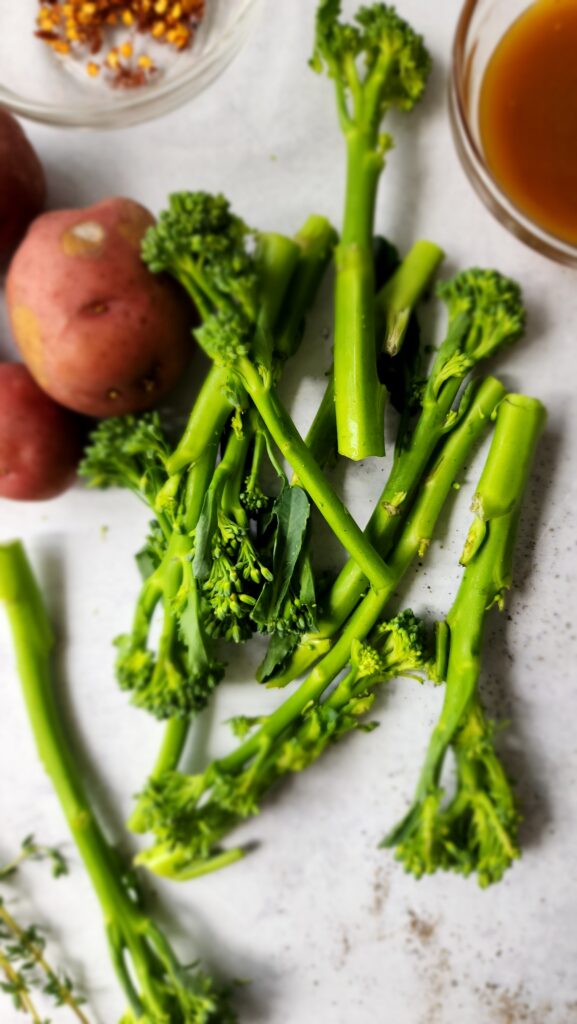
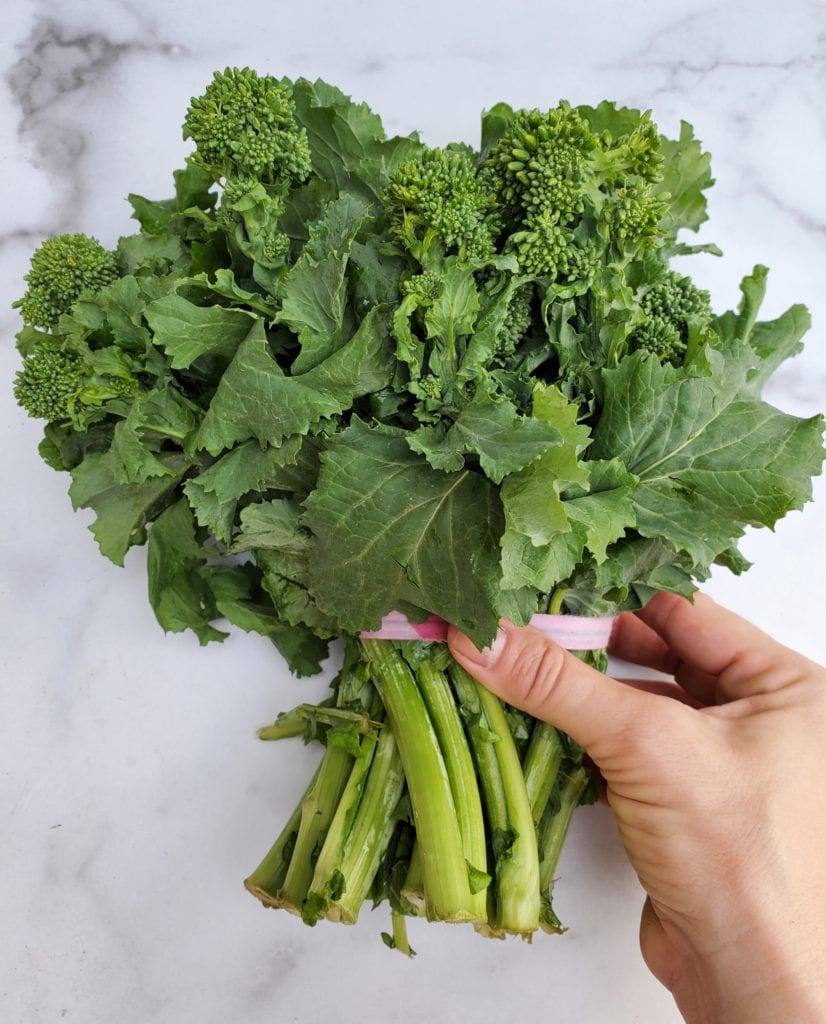
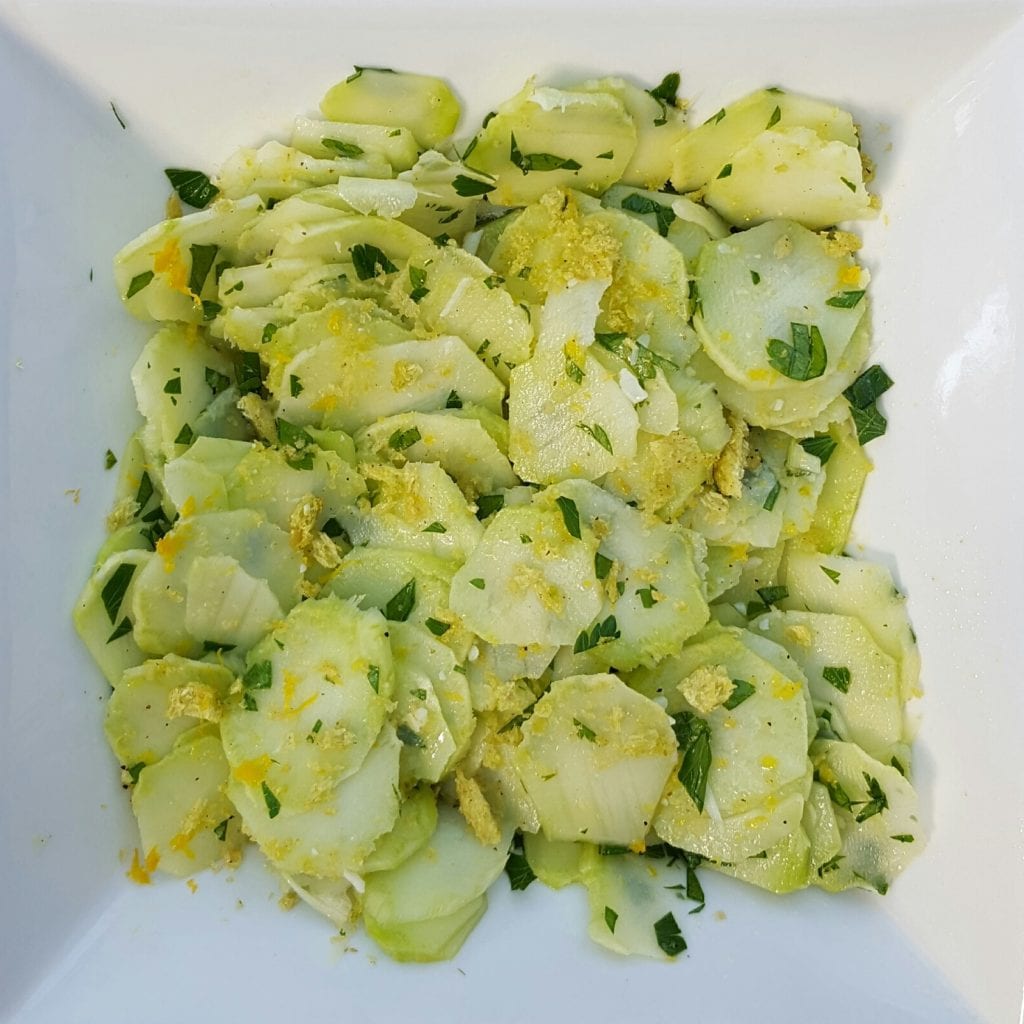
Week 4: Eat with the environment in mind
- Enjoy more plant-based meals and snacks. Incorporate more plants. Where vegetables are an after thought, find ways vegetables taste better and you’ll want to include them more! Having a ‘not so great experience’ leads us to omitting the vegetables, when really they should be the star of the show! Check out my recipes for a little inspo!
- Purchase foods with minimal packaging. While packaging can be a challenge, aim to see where else you can make an impact. Buy a larger yogurt versus smaller containers. All the small changes add up!
- Buy foods in season and shop locally when possible. This past year I joined a CSA. While I’ve always wanted to support a local farmer it was only this past year I finally was able to. The lettuce he grows is like none other and I might never be able to eat store bought lettuce again. Keep in mind I’m not able to buy everything at the farmer’s market, however, aiming to support where I can. Definitely can’t grow all my own food or else I’d starve!
- Start a container or backyard garden to grow food at home. On that note, while I’m not successful in growing all my own fruits and veggies, I have been successful with my herbs. There’s nothing better than grabbing a few fresh basil leaves to add to your soup straight from the garden!
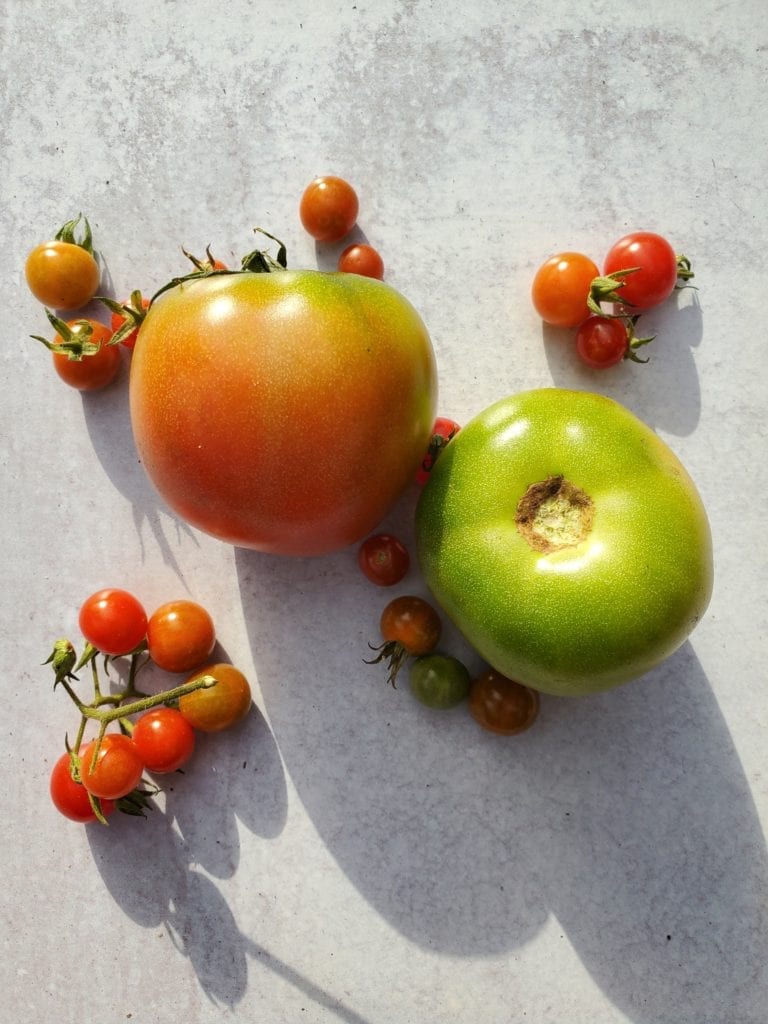
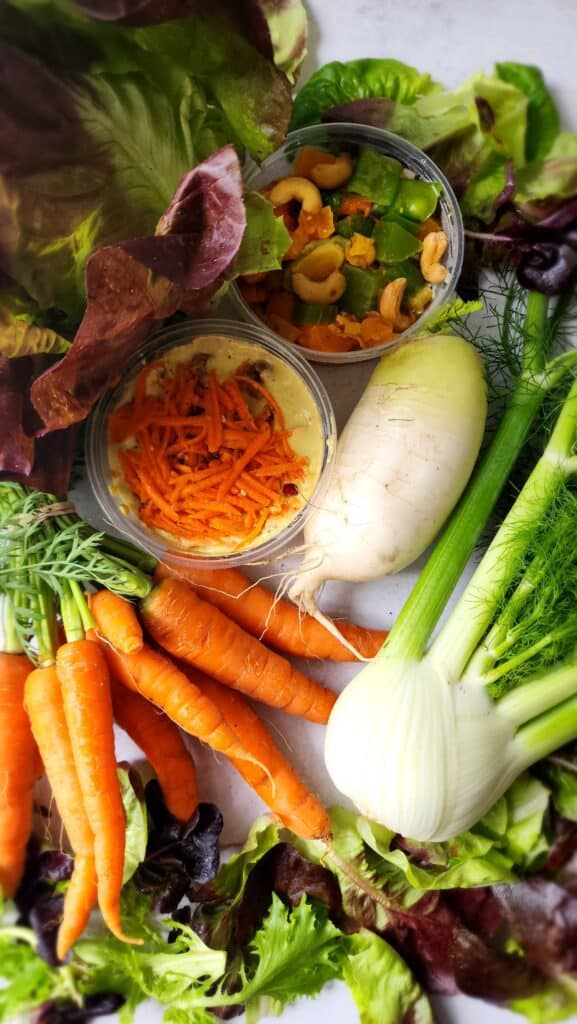
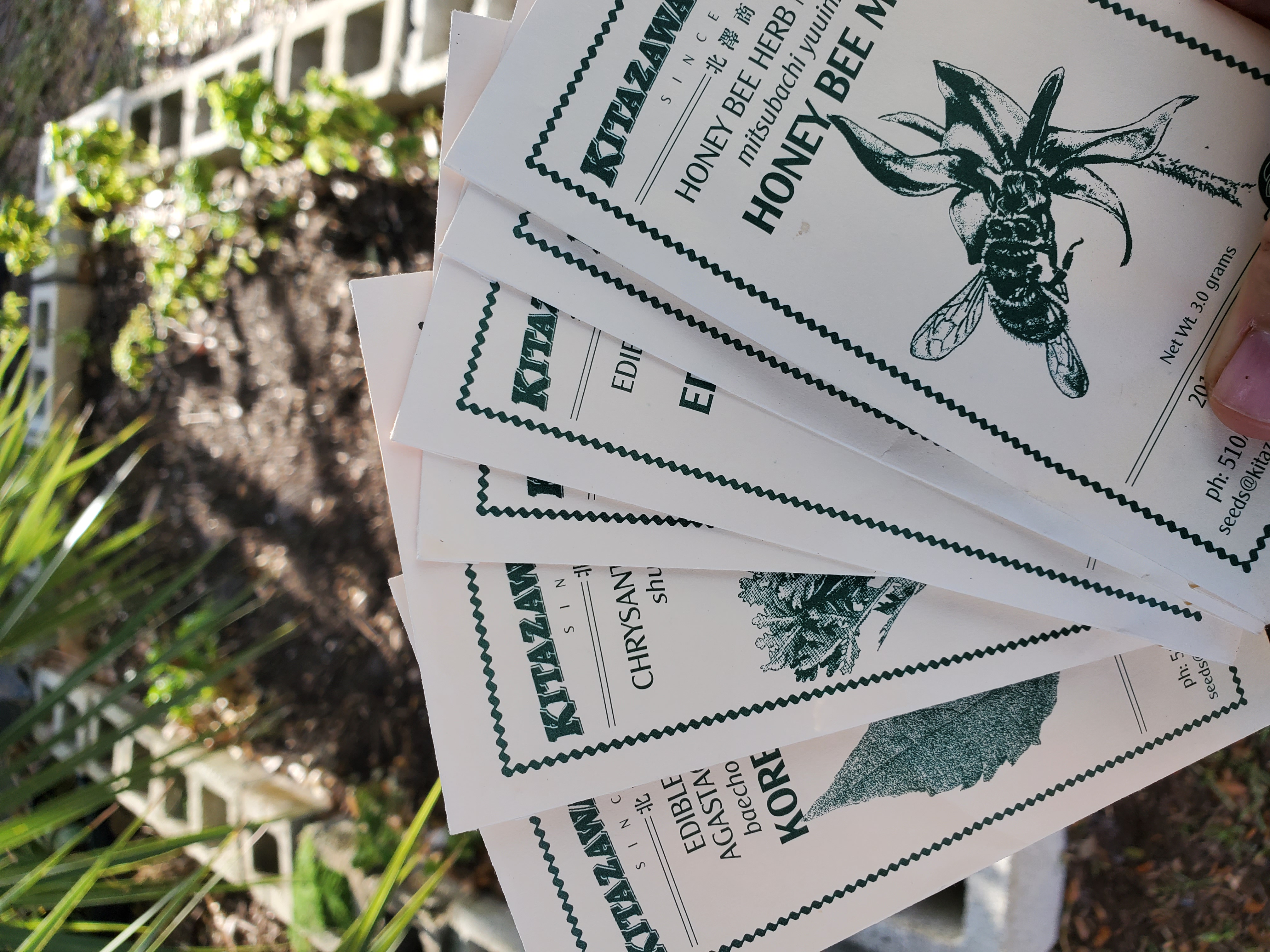
What does “Beyond The Table ” mean to you this National Nutrition Month®? Accept the challenge to not only create sustainable eating habits but also ways to sustain the environment. Share below how you’re celebrating! Happy National Nutrition Month®!
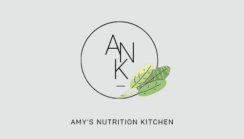
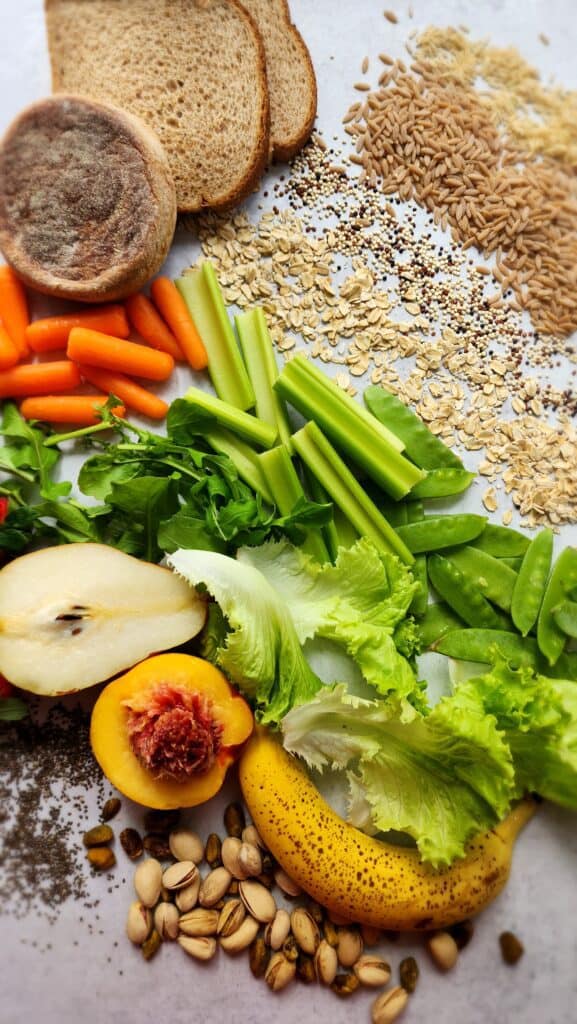
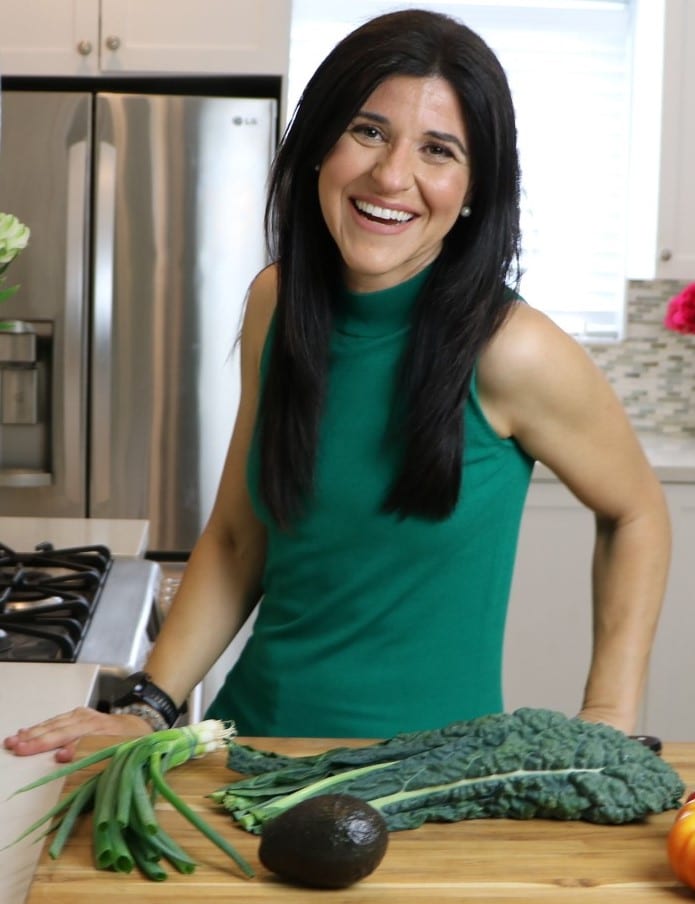
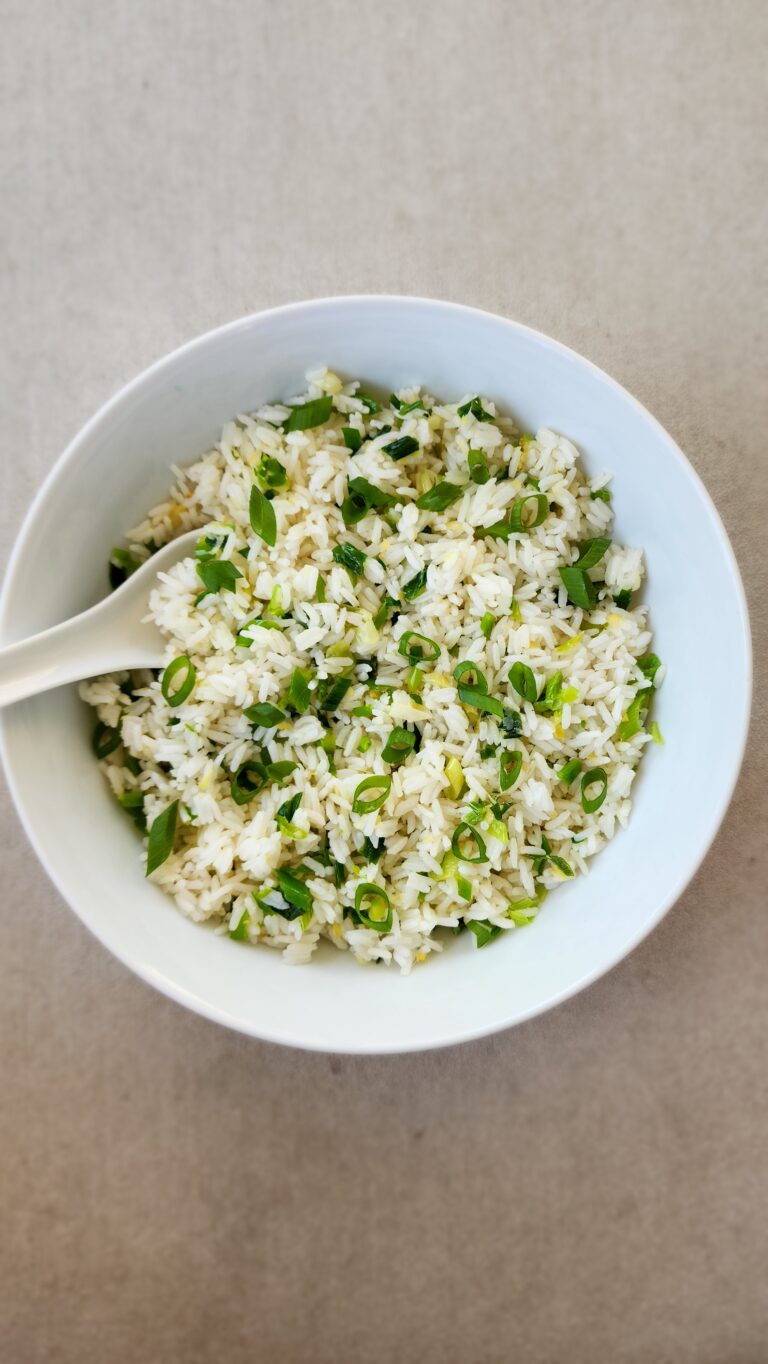
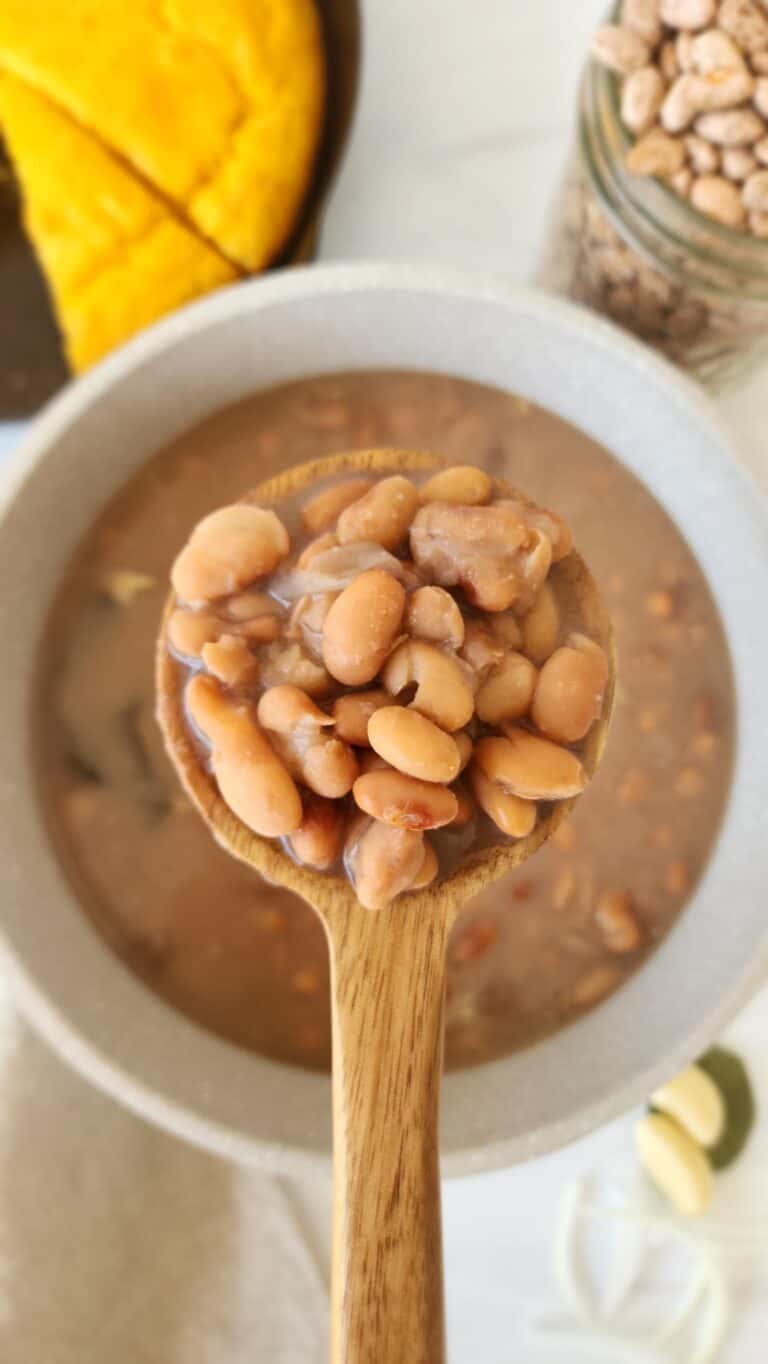

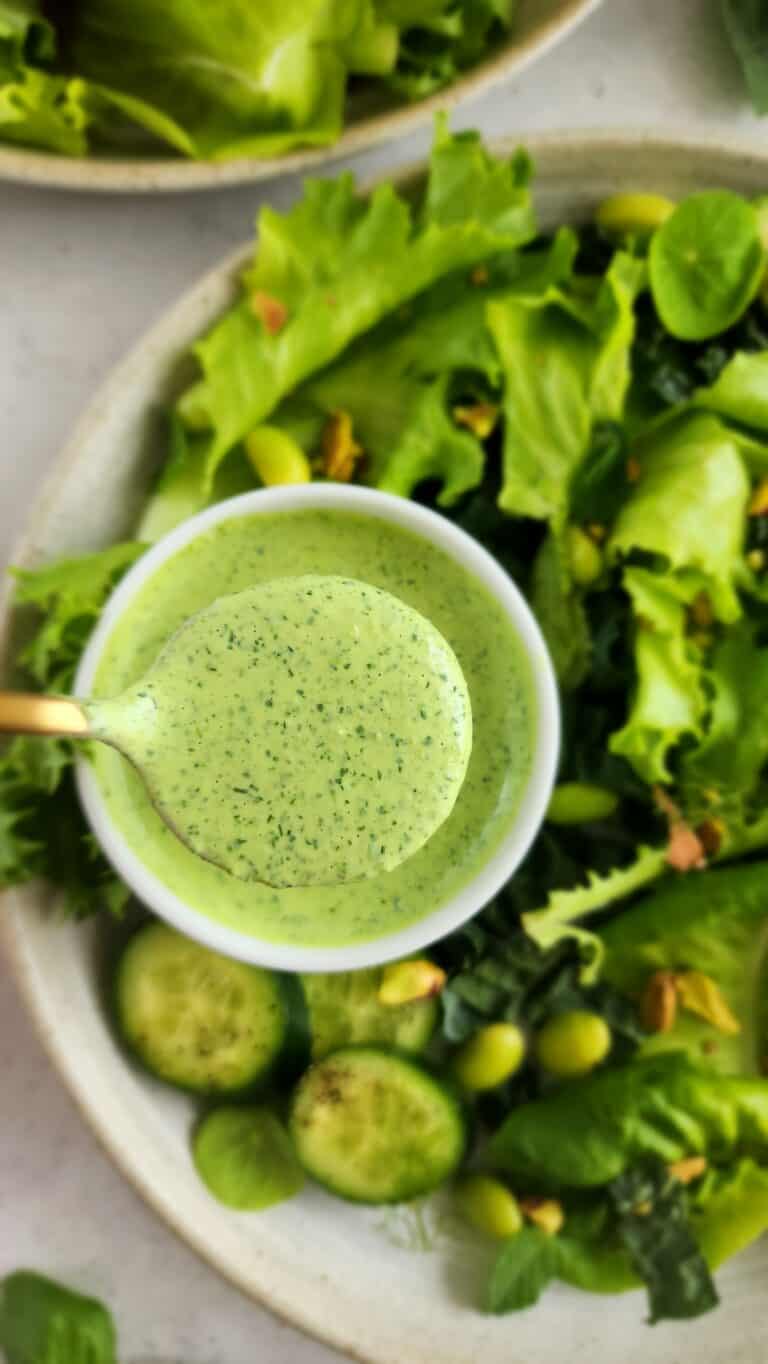

1 thought on “Beyond The Table”
Love all the ideas of ways to incorporate ‘nutrition’ throughout the year and not just this month! Thanks!